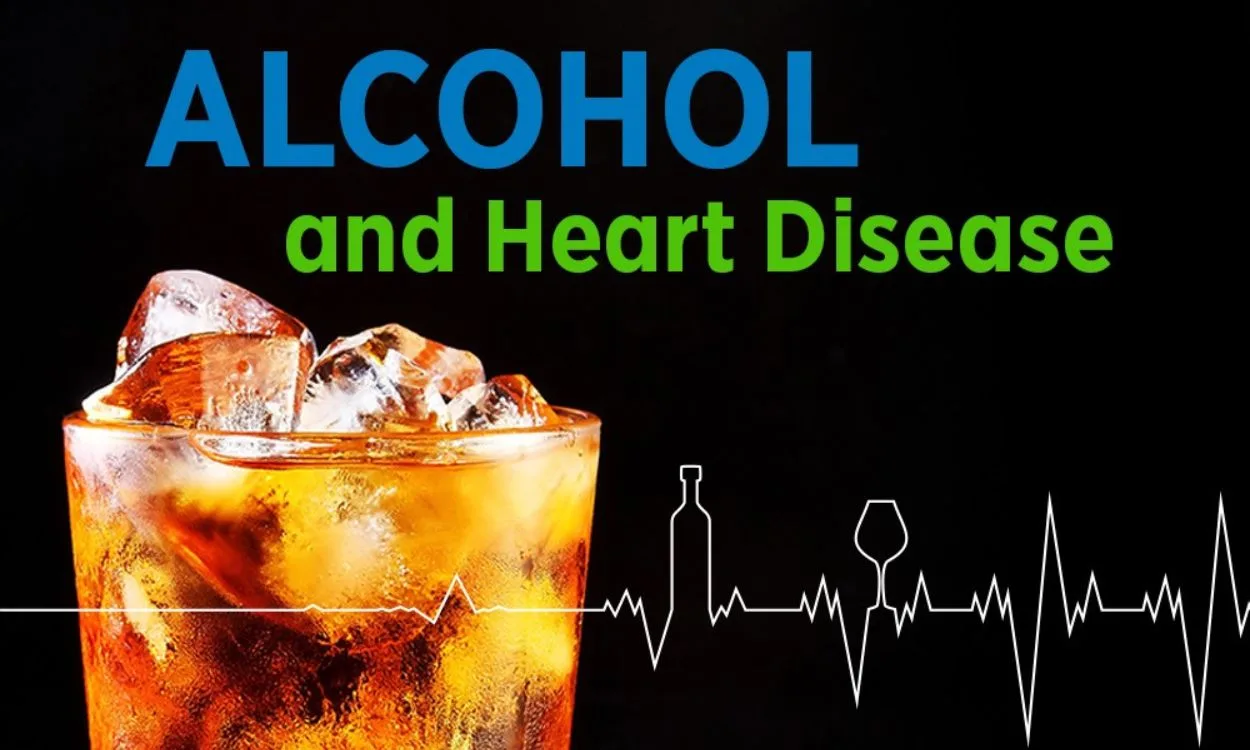How does alcohol consumption influence cholesterol and triglycerides?
Alcohol consumption is a common social activity and is often enjoyed in moderation. However, it is important to understand the effects of alcohol on our health, specifically on cholesterol and triglycerides. In this article, we will explore how alcohol consumption can influence these two important components of our lipid profile.
Alcohol and Cholesterol:
- Increase in LDL cholesterol: Consuming alcohol can lead to an increase in low-density lipoprotein (LDL) cholesterol, which is often referred to as “bad” cholesterol. LDL cholesterol can build up in the arteries and contribute to the development of heart disease.
- Decrease in HDL cholesterol: On the other hand, alcohol consumption can also decrease high-density lipoprotein (HDL) cholesterol, often known as “good” cholesterol. HDL cholesterol helps remove LDL cholesterol from the arteries, so a decrease in HDL cholesterol levels can be detrimental to cardiovascular health.
- Impact of different types of alcohol: Studies have shown that different types of alcohol have varying effects on cholesterol levels. For example, moderate wine consumption has been associated with higher levels of HDL cholesterol, which may have some protective effects against heart disease. However, excessive alcohol intake, regardless of the type, can still negatively impact cholesterol levels.
Alcohol and Triglycerides:
- Increase in triglyceride levels: Alcohol consumption, especially in large quantities, can lead to an increase in triglyceride levels. Triglycerides are a form of fat in the blood and elevated levels are a risk factor for cardiovascular disease.
- Alcohol as a source of empty calories: Alcohol itself is high in calories, and excessive consumption can contribute to weight gain and obesity. Increased body weight is often associated with higher triglyceride levels.
- Interaction with other factors: Alcohol’s effect on triglycerides can be influenced by other factors such as genetics, gender, and overall lifestyle. For example, individuals with a family history of high triglycerides may be more susceptible to the negative effects of alcohol on triglyceride levels.
It is important to note that these effects on cholesterol and triglycerides are often dose-dependent and can vary among individuals. Moderate alcohol consumption, defined as up to one drink per day for women and up to two drinks per day for men, may not have significant negative effects on cholesterol and triglyceride levels. However, it is always advisable to consult with a healthcare professional to understand how alcohol consumption may specifically affect your health.
In conclusion, alcohol consumption can have both positive and negative effects on cholesterol and triglyceride levels. While moderate consumption may not have significant detrimental effects, excessive and chronic alcohol intake can contribute to the development of cardiovascular disease. It is essential to maintain a balanced and healthy lifestyle, including regular exercise, a nutritious diet, and limited alcohol consumption, to achieve optimal cholesterol and triglyceride levels.
If you are looking to make positive changes to your health and fitness goals, the Fitpaa app can be a valuable tool. With its personalized approach to nutrition, fitness, and overall well-being, Fitpaa can help you achieve your goals in a sustainable and effective manner. Download the Fitpaa app today to start your journey towards a healthier and fitter life.









